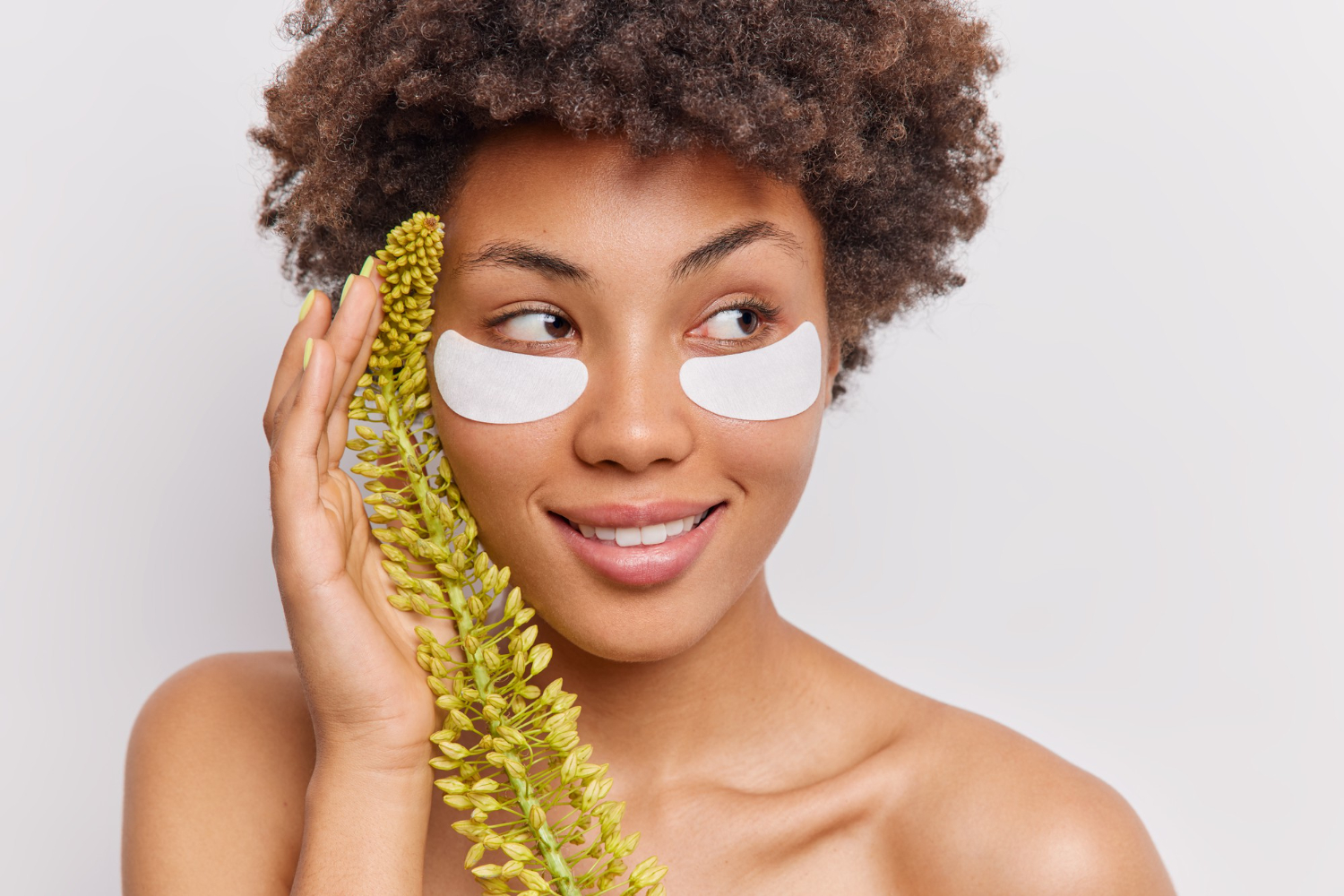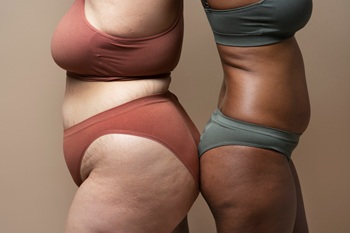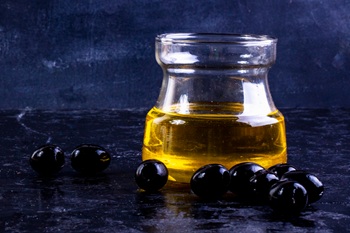The Benefits of Collagen for the Skin
Social media and the internet have recently been buzzing about an ingredient that sustains a youthful look. From skincare products to supplements, many people claim this one ingredient is a skin savior. What is this ingredient? Collagen. It is a protein that forms the building blocks of our skin, providing it with structure, strength, and elasticity.
Is this ingredient worth the hype? This article explores the multifaceted benefits of collagen for the skin, exploring how it can rejuvenate and transform it from within.
What is Collagen?
Collagen is made up of protein molecules. It provides structural support to the extracellular matrix of connective tissues. Its resistance to stretching and rigidity make it the perfect matrix for bones, ligaments, tendons, and skin [1].
While our body naturally produces collagen, the production declines as we age, leading to different ageing signs like wrinkles, sagging skin, and fine lines. But fear not—with science and skincare combined, many products and supplements offer the goodness of collagen to you.
Collagen primarily helps to offer structure, strength, and support across your body. Specific roles of collagen include:
- Aids the formation of fibroblasts in the dermis (middle skin layer), which supports new cell growth.
- Contributes to the replacement of dead skin cells.
- Provides a protective layer for organs.
- Ensures skin structure, strength, and elasticity.
- Assisting in blood clotting [2].
What are the Functions of Collagen?
Maintains Skin Elasticity
Collagen acts like a supportive mattress for your skin, keeping it firm and elastic. Type I collagen, which makes up 80%-90% of skin collagen, is produced by fibroblasts in the dermis. These fibroblasts also produce elastin, which maintains skin flexibility by allowing it to stretch and return to its original shape.
Fibroblasts also produce glycosaminoglycans (GAGs), like hyaluronates and dermatan sulphate, to sustain moisturized skin. These long sugar chains are highly viscous, water absorbent, and challenging to compress. This helps maintain skin hydration and function.
Reduces Ageing Signs
Supplement drinks with hydrolyzed collagen peptides, vitamins, minerals, and plant-based antioxidants are often used in beauty products to improve skin elasticity and hydration and reduce fine lines and wrinkles. These drinks also support nail growth and reduce issues like broken or brittle nails.
By boosting collagen levels, these supplements help the skin become firmer, more elastic, and better at holding moisture, reducing the appearance of wrinkles.
Benefits of Collagen Supplements for Skin Health
As mentioned earlier, collagen can be a topical or oral product. Here are a few benefits of collagen supplements for the skin.
- Improves skin hydration: Collagen supplements can enhance moisture content, reduce dryness and increase overall skin hydration.
- Enhances skin elasticity: Regular use of collagen can increase the skin’s elasticity, reduce sagging and improve firmness.
- Reduces wrinkles: Collagen supplements can decrease the appearance of fine lines and wrinkles by supporting the skin’s structural integrity.
- Strengthens skin structure: Collagen helps maintain the strength and resilience of the skin to prevent and reduce damage from external factors.
- Promotes skin rejuvenation: It supports the production of other skin components, such as elastin and hyaluronic acid, which contribute to a more youthful and supple appearance.
What is the difference between topical and oral collagen?
Topical collagen is usually in the form of serum and moisturizer. Topical application can improve skin texture and elasticity. However, because the molecules in topical collagen are large, they can’t fully penetrate the skin.
On the other hand, taking collagen as a supplement can be more effective. It’s broken down into smaller pieces, easily absorbed, and spread throughout the body. This can help increase the density and thickness of collagen in the skin.
Overall, taking collagen orally can help boost the production of proteins that keep the skin healthy and slow ageing [3][4].
How Collagen Supplements Improve Stretch marks and Cellulite
Stretch marks and cellulite are common skin conditions that affect many people, particularly women. Here’s how collagen, specifically oral supplements, can help improve these conditions:
Stretch marks
Stretch marks are streaks on the skin that occur when it stretches rapidly due to factors like pregnancy, weight gain, or puberty. They appear as indented lines and can be red, purple, or white. Collagen supplements can boost the skin’s ability to repair itself by:
- Enhancing skin elasticity: By increasing collagen production, the skin becomes more resilient and better able to withstand stretching. Hence, the appearance of stretch marks is reduced.
- Improving skin density: Oral collagen helps increase the density of the dermal layer to make the skin thicker and less prone to stretch marks.
Cellulite
Cellulite causes a dimpled, lumpy appearance on the skin, often found on the thighs and buttocks. It results from changes in the connective tissue and fat deposits under the skin. Collagen supplements, particularly bioactive collagen peptides (BCP), address cellulite by:
- Increasing dermal density: BCP boosts the density and firmness of the dermal layer, which reduces the dimpled appearance of cellulite.
- Boosting collagen and elastin production: This increases the structural integrity of the skin and connective tissue, making it firmer and less prone to the uneven appearance caused by cellulite.
- Reducing skin waviness: BCP has been shown to decrease the waviness and improve the skin’s smoothness, leading to a more even appearance in areas affected by cellulite.
Factors Affecting Collagen Production
Ageing is a natural process that affects our skin over time, making it less effective at maintaining its structure and function. This happens because the skin’s ability to produce collagen decreases as you age. Our genes, hormones, and metabolism all play a role in how our skin ages:
- Genes: Some people naturally lose collagen faster than others due to their genetic makeup.
- Hormones: Hormonal changes, especially during menopause, can significantly reduce collagen production.
- Metabolism: A slower metabolism as we age means the skin cells renew and repair more slowly.
- Sun exposure: UV rays from the sun damage collagen fibers, leading to wrinkles and sagging skin.
- Smoking: Chemicals in cigarettes break down collagen and elastin, worsening skin ageing.
- Pollution: Toxins in the air damage skin cells and accelerate collagen breakdown.
- Poor nutrition: A diet lacking essential nutrients can impair collagen production, weakening the skin.
- Loss of skin moisture and structure: As we age, our skin produces fewer proteoglycans and glycosaminoglycans, such as hyaluronic acid. These molecules help the skin retain moisture and maintain its structure.
How do I get the best collagen supplement?
Most recommended collagen supplements contain peptides, small proteins containing critical amino acids like proline, glycine, and hydroxyproline. These amino acids are the essential building blocks of collagen.
Researchers have found that these peptides help produce more hyaluronic acid in skin cells called fibroblasts. These peptides make the skin’s outer layer (the stratum corneum) more moist and supple [2].
Summary
In summary, ageing is a natural process that affects our skin over time, making it less effective at maintaining its structure and function. This happens because the skin's ability to produce collagen, a critical protein that keeps it firm and elastic, decreases as you age. Collagen, particularly supplements, can improve the skin’s appearance and general health by enhancing its elasticity, increasing dermal density, and boosting collagen and elastin production. This makes the skin firmer and more resilient.
Edited by: Damilola Elewa










Comments (0)